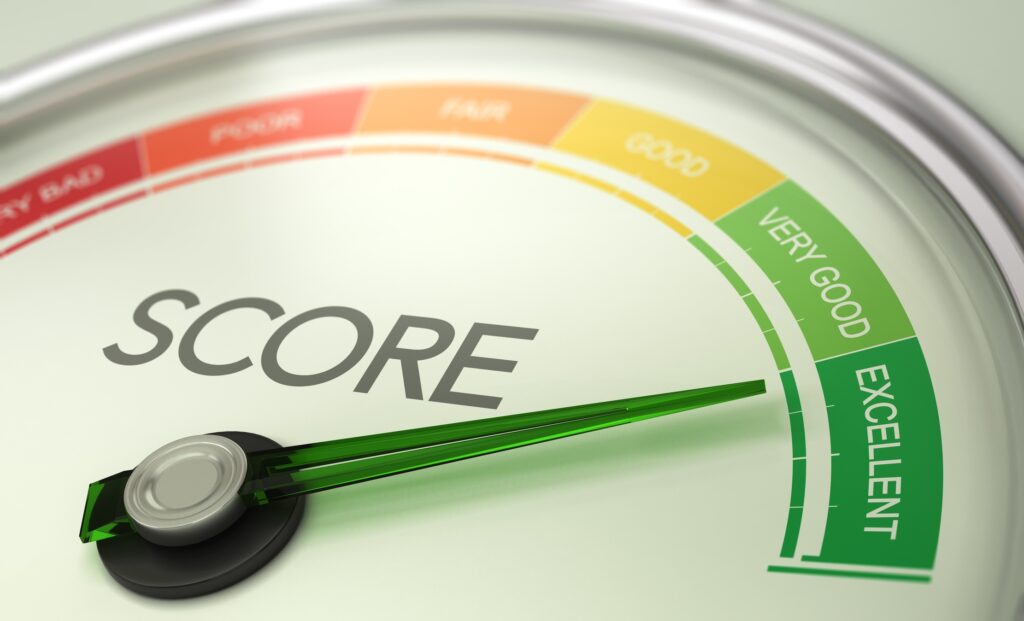Oftentimes, it seems that once you face debt, you can never get out of that pitfall. This isn’t true, naturally, but still, it is a stressful time. People don’t only worry about the current problems, but also about their future finances. One can never know what the future brings, so it is vital to have a safety net if something bad occurs.
Now, if you have several debts (loans, high-interest credit cards, etc.), you have probably considered debt consolidation. In a nutshell, it enables you to join all of these expenses into a single one. However, you need to be aware of the benefits and downsides of doing this, and here are some of them.
1. Low interest rate
The first benefit of debt consolidation is that you get lower interest rates. If you were to do some calculations, you would soon realize that you can actually save a significant amount of money. When it comes to this percentage, obviously, it depends on several factors, such as your credit score. Regardless, it is a fact that you can get lower interest rates than the ones you currently have on your credit card.

2. Fixed repayments
Furthermore, when you take out a loan to consolidate your debt, you will get not only fixed rates but also monthly payments. This way, you will know the exact sum of money you have to put aside each month. There won’t be any unexpected expenses, so you won’t have to stress about it. At the same time, you will be able to plan your finances in great detail. What’s more, you will be able to pay off the debt this way since you will know what to expect every month.
3. Have a finish line
Many people don’t understand how beneficial this feature of debt consolidation can be. When you take out this loan, you will immediately know what the repayment period is. As you probably know, this is not always the case with the credit card balance. Instead of feeling you are trapped in a vicious circle with no end at sight, with this loan, you will have a clear goal in front of you. It will enable you to make plans for the future, and therefore, you will know when you can start saving for other expenses.

4. One monthly expense
Moreover, another significant property is that you won’t have to worry about multiple payments. This can prove to be a challenge of its own since you have to continuously think about the dates and make sure not to be late, because otherwise, you may have to pay the fine.
When you go with debt consolidation, you will have a single loan, and therefore, you will have to follow only one payment schedule. As you can imagine, this will make you feel more relaxed since you won’t have to stress about whether you will forget something or not.
5. Improve credit score
Even though it may not seem like that at first, the truth is that debt consolidation can help your boost your score over time. No, this won’t happen immediately, but it will occur by the time your pay off the loan. When you have only one fixed monthly rate over the course of a specific period of time, you are more likely to meet every payment. It goes without saying that this will have a positive impact on your credit score. We understand how great this seems to be, but keep in mind that you have to do a thorough check before you apply for this loan. Because of this, make sure to go over Credit Associates Complaints before making the final decision.

6. Up-front fees
The main downside of the debt consolidation loan is that there will probably be up-front expenses you have to pay. No, you cannot avoid these, so make sure to inquire about all the details before applying for it. Some of it may include the annual fee, balance transfer fees, as well as closing and loan origination costs. In addition, don’t forget to ask about the extra fines if you don’t meet the payment regularly, and finally, make sure to read the fine print before signing the contract.
7. Falling behind on payments
This is a risk you have to take. Although a single monthly payment is a significant benefit, at the same time, there is also a chance you won’t meet the deadline. Due to this, it is crucial to have a bullet-proof plan on how you will pay off the loan. Make sure that the monthly expenses fit perfectly into your budget and that you can pay it without making significant changes or sacrifices. Nevertheless, if you miss a payment, not only will you face additional late fees, but this can also have a negative impact on your credit score. Naturally, this is the last thing you want to occur, so take your time to make a plan and follow it down to the last detail.

8. Think about the source of your problem
Even though this step may appear to be great in the short term, it will not address the root of your problem, that is, the reason why you ended up in debt in the first place. Many people struggle with overspending, and if you are one of them, consolidation may be the last thing you should do. Why? Well, when you go through with this, the balance on your credit card will be zero. Now, this can be tempting to start spending money again on things you don’t actually need. Many people tend to do this, forgetting that they are already repaying the previous expenses.
If you face the same problem, consulting a professional to help you come up with a debt management plan may be a better option.For instance, some people facing debt turn to life settlements, which allow you to sell your life insurance policy for a cash payment. Click here to learn more.
Wrapping up
All in all, the last thing you have to do is ask yourself whether this is the right step for you. Yes, there are several pros and cons, but it is vital you consider each of them carefully to make the right decision. If you don’t do this, you risk ending up in a whole another problem, and probably additional debt.





